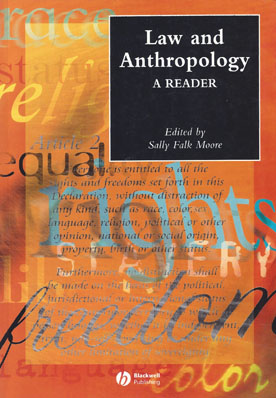
The study of law was a cornerstone of early anthropological and sociological discussions. Precisely because social scientists like Weber and Durkheim were preoccupied with understanding the processes of social evolution and the form of the state, comparisons between law in European and non-European contexts became a central focus.
Today the study of law is a focus of new interest in the social sciences. How is the place of law to be understood? Where does it fit in the totality of social life? It is well known that law is often circumvented, whether in the financial world, in the drug business, in international affairs, or in matters touching on human rights. How much does the law determine what happens in a society?
Contemporary social scientists looking at law are now preoccupied with this question as they inspect such topics as international transactions, illegal migration, gender discrimination, political corruption, distributions of property, and reparations by new governments for injustices committed by previous regimes.
In Law and Anthropology: A Reader, Sally Falk Moore, has created a collection that breaks down disciplinary fences.;The Reader brings together historical classics of political thought and examples of contemporary work from social scientists and lawyers. In presenting this varied range of material, Moore offers a remarkable overview of the field of law and anthropology: its development, its present, and potential future courses.